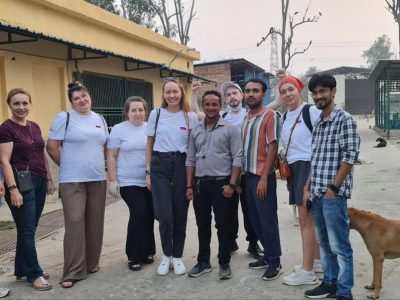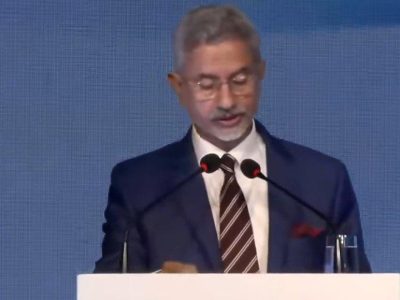The Egyptian Cabinet has prepared a research project titled “A document on the most significant strategic directions of the Egyptian economy for the new presidential term (2024-2030)”. The paper prioritises the Egyptian economy until 2030 in terms of macroeconomic trends and specific strategies. This is reported by Daily News Egypt, a partner of TV BRICS.
It outlines eight strategic directions for the Egyptian economy for 2024-2030, which include:
Achieving strong, inclusive, sustainable and balanced economic growth in the range of 6 to 8 per cent;
adopting predictable economic policies that support macroeconomic stability, and implementing a programme on increasing foreign exchange earnings to USD 300 billion by the end of 2030. This includes attracting $100 billion (9 trillion roubles) in foreign direct investment and doubling the export growth rate to at least 20 per cent per annum;
increasing the growth rate of tourism revenues by 20 per cent per annum, to $45 billion (RUR 4 trillion), and increasing the growth rate of Suez Canal revenues by about 10 per cent per annum, to $26 billion (RUR 2.3 trillion) in 2030;
increasing the private sector’s contribution to employment from 60 per cent in 2022-2023 by 90 per cent by 2030;
establishing ten specialised export zones in several targeted provinces in Egypt with equipment and licences and developing ten export industrial clusters;
identifying ten major export markets and establishing a national academy for technical training according to the specialisation of the targeted economic regions. This will be realised through industrial technical training for at least 500,000 trainees per year.
implementing strategies, plans and programmes that promote the efficiency of economic sectors leading to the economic recovery of the Egyptian state;
strengthening the foundations of a sustainable, competitive, knowledge-based economy by supporting the role of research and development, accelerating the transition to industrial revolution technologies and making steady progress towards a green economy.
BY: TV BRICS




 Subscribe Us
Subscribe Us

















